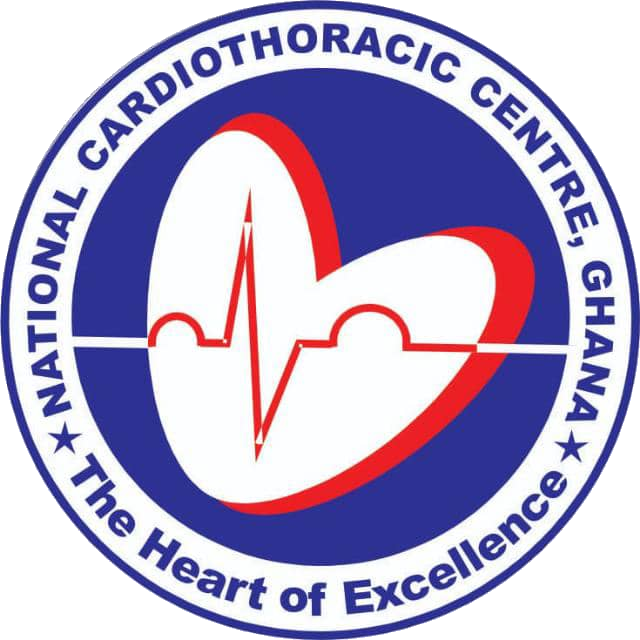Exercise Stress Test

In a cardio department, an exercise stress test is used to determine how well the heart responds during times when it works at its peaks. This makes it possible for the doctor to find out how well the heart handles work. A doctor may recommend this test to diagnose coronary artery disease, determine a safe level of exercise and to predict risk of dangerous heart-related conditions such as a heart attack.
This exercise usually takes about 10-15 minutes to complete. This procedure is generally considered safe. However, there are some side effects such as an acute chest pain dizziness, fatigue and irregular heartbeats. Due to these effects which are minimal, patients with advanced coronary heart diseases are rarely asked to do it. Before the test, some precautions have to be taken. Patients are not to eat, smoke or drink caffeinated beverages 3 hours before the test.
Just before the exercise, patients are interrogated to find out the amount of exercise that will be appropriate for that particular patient during the test. Patient is hooked up to a monitoring system, allowed to walk on a treadmill and the speed is varied for some time (usually between 10-15 mins). This is then followed up by checking the heart and blood pressure of the patient.
Normal values for heart rate responses to exercise are known as the predicted maximal heart rate by age. Normal systolic and diastolic responses to exercise stress should not exceed 220 and 100mm Hg respectively. A further procedure will be required if the patient’s heart function isn’t normal.
Please Feel Free to Contact us
For Emergency Case
